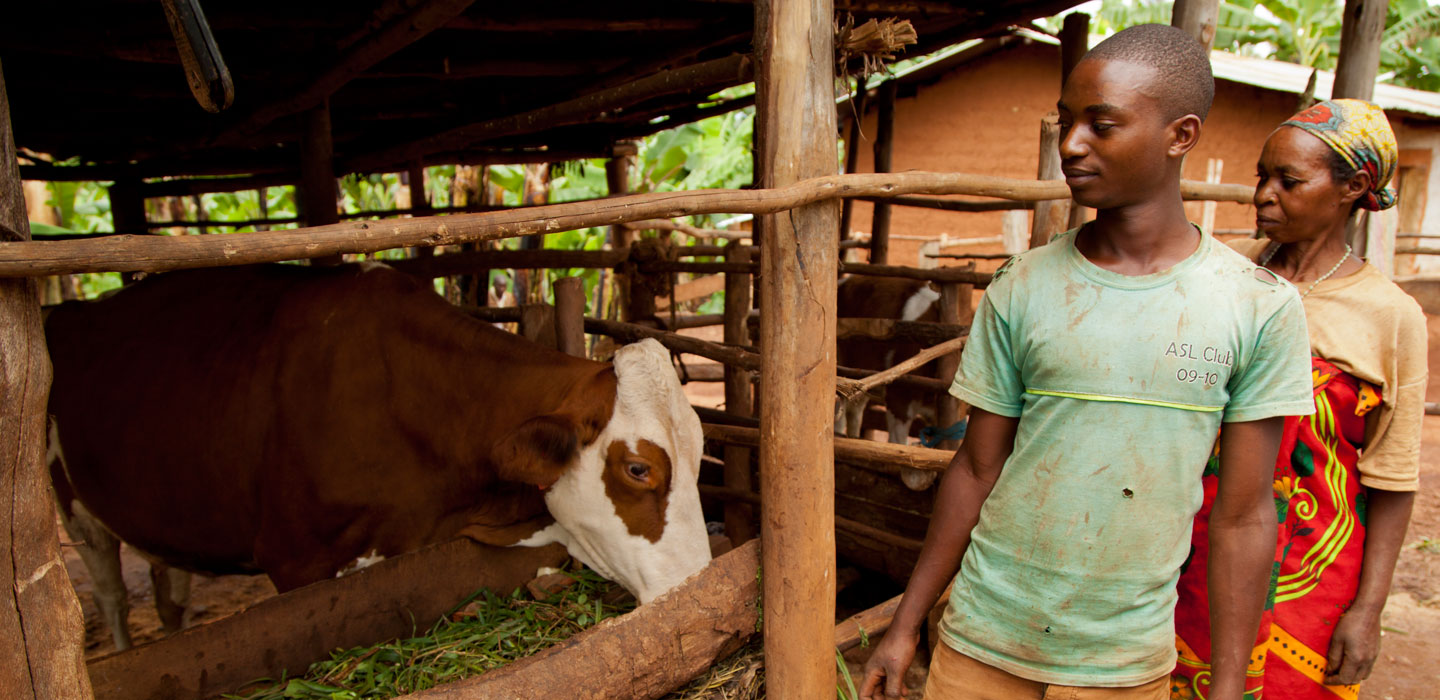Family farming, biodiversity and climate change - opportunities of the United Nations Decade of Family Farming
IFAD Asset Request Portlet
Asset Publisher
Family farming, biodiversity and climate change - opportunities of the United Nations Decade of Family Farming
Estimated reading time: 2 minutes
©IFAD/Susan Beccio
Agriculture is responsible for much of the world’s greenhouse gas emissions, but family farmers are also responsible for promoting biodiversity and guaranteeing ecosystem services upon which agricultural activity depends. That was one of the main messages at an event held at COP25 organised by the UN Decade for Family Farming.
The UN’s Decade of Family Farming, which launched earlier this year, coordinates actions at the national, regional and global levels that promote sustainable and resilient family farming.
The event at COP25 highlighted the international community's commitment to family farming, and its commitment to the transition to a more sustainable food system. One that can provide economic opportunities and protect ecosystems, respect cultural diversity, and build resilience to climate change.
Family farmers understand their environment, so they have a unique potential to drive this transition. They are also the ones in the best position to develop resilience to climate change, enhance biodiversity and ensure the ecosystem services on which every agricultural activity depends.
If we can achieve all this in the Decade, then we can also bring young people back to farming, we can harness the energy of a new generation to transform agriculture and food systems. With the challenges we are facing, we need young people farming now more than ever but to get them engaged we need a new family farming, one that is supported by policies and investments, that is innovative, takes advantage of new technologies, is market-based and remunerative. To achieve the ambitions of the Decade, we need to bring young people on-board.
IFAD’s Margarita Astralaga attended the event and emphasised the need to include women when talking about family farming. ‘’Women are integral to family farming systems throughout the world, even though their contributions are not always recognized or given the support they need,” said Astralaga. “Policies and investments need to address gender gaps in access to productive resources, services and markets and they need to be built around institutions that safeguard women's rights.”
IFAD has worked with FAO to launch the Global Action Plan for the Decade. It sets out a framework for achieving the ambitions of the Decade and realizing its contribution to the Sustainable Development Goals.
More about IFAD at COP 25 Publication date: 05 December 2019